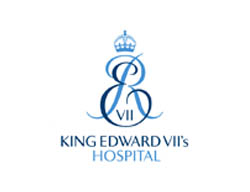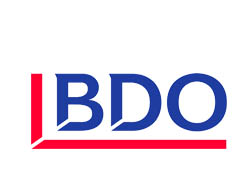Mystery chest pain? Understanding the risk factors to prevent heart attack
Heart attacks could be better prevented in those suffering unexplained chest pain, according to recent research funded by the British Heart Foundation into cardiovascular disease risk factors.
It is thought that over a million UK adults visit their GP every year due to chest pain, but for many the cause remains a mystery despite undergoing diagnostic tests.
However, people who suffer from this type of ‘unattributed’ chest pain are a higher risk of developing heart problems and researchers at Keele University have now identified the key risk factors that increase the likelihood of this occurring.
Published in the European Journal of Preventive Cardiology, the study was based on data from over 600,000 GP records of patients that had experienced unattributed chest pain between 2002 and 2018 and followed them up for at least five years.
Their analysis showed that one year after first presenting to their GP with mystery chest pain, patients were 25% more likely to have a ‘cardiovascular event’. This increased heart attack risk persisted for the next ten years.
Cardiovascular disease risk factors identified in study:
Diabetes
Diabetes significantly amplifies the risk of cardiovascular disease, even with well-managed glucose levels. You are twice as likely to have heart disease or a stroke than someone who doesn’t have diabetes, and typically at a younger age. The longer you live with diabetes, the more likely you are to have heart disease.
Regular check-ups, healthy eating habits, weight control and consistent physical activity are essential for diabetes management.
High blood pressure
High blood pressure increases cardiovascular risks by overburdening the heart, leading to muscle thickening and stiffness. This abnormal functioning increases the chances of stroke, heart attack, kidney failure, and congestive heart failure. When coupled with obesity, smoking, high blood cholesterol or diabetes, high blood pressure elevates the risk of heart-related incidents.
Smoking
Nicotine, found in both cigarettes and e-cigarettes, accelerates heart rate and raises blood pressure, promoting clot formation and arterial plaque build-up. Smokers are not only more likely to experience heart attacks, strokes and angina than non-smokers, but at a much younger age.
Obesity
Excessive body fat, especially around the waist, contributes to an increased risk of heart disease and stroke, independent of other risk factors. Overweight and obese individuals with cardiovascular risk factors can implement lifestyle changes to shed excess weight and address issues like high blood pressure, cholesterol, and blood sugar.
Steps to reduce heart attack risk
The team at Keele University hope these findings will assist doctors to spot those at high risk so they can offer preventative treatments and lifestyle advice. Modelling showed that if all current smokers living with obesity were supported to lose weight and quit smoking, the mean 10-year risk in this group would fall from nearly 22% to around 16%.
Please call +44 (0)20 4580 1152 to make an appointment with one of our GPs to discuss your heart attack risk.










